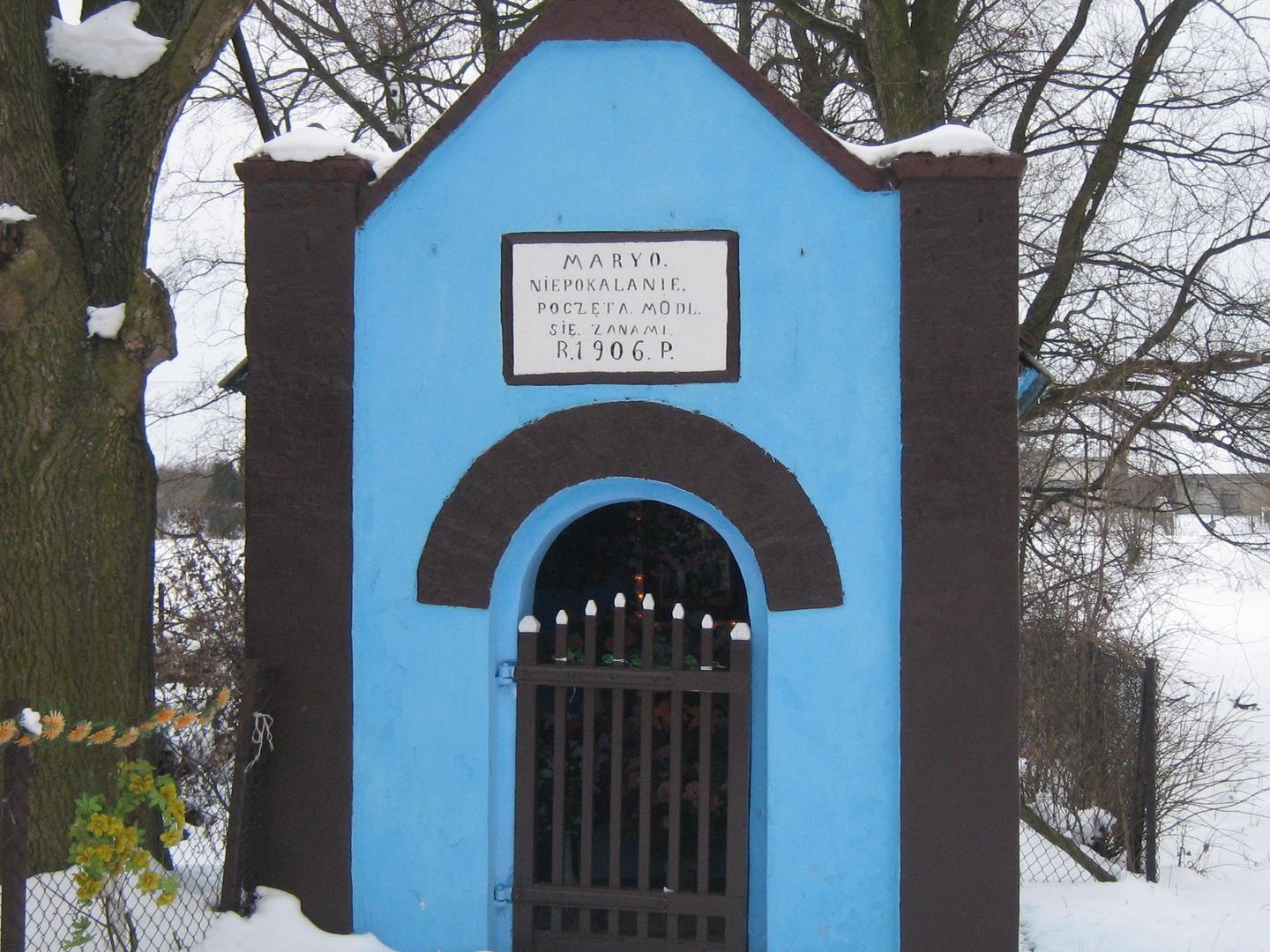Długowola
6.23

Overview
Długowola is a village in Poland, located in the Masovian Voivodeship, within Grójec County, in the administrative district of Gmina Goszczyn. The history of Długowola dates back to 1368, when it was a ducal village belonging to Siemowit III. Initially, the inhabitants were engaged in fishing, and the entire settlement was surrounded by forests. Over the centuries, the name of the village underwent changes, starting from Bantkowska Wola, through Długa Wola, to the present-day Długowola. In 1576, the village paid taxes on 30 łans (historical units of land measurement) and 12 farmsteads. Despite difficult times, such as the great fire of 1904, which almost destroyed the entire settlement, Długowola was quickly rebuilt, and its infrastructure improved thanks to Roman Dal-Trozzo. In the past, Długowola was home to a hunting manor and a dairy, and the village served as the seat of many social institutions. Długowola was also an active center of resistance during World War II, where residents fought against the occupiers. In 1977, the outstanding boxer Zdzisław Kuflikowski was born here. An interesting fact is the wooden cross on the road to Goszczyn, beneath which a grave of January Uprising insurgents was discovered. The Volunteer Fire Department (OSP) in Długowola was established in 1927 and became the center of social life in the village. The OSP organized numerous cultural events, and the fire station itself became a meeting place for residents. In 1985, the unit received its first fire engine, and every year the equipment and the fire station were modernized. Długowola functioned as an independent municipality and was once an important point on the regional map. Today, the village has about 518 inhabitants, with preserved ponds that serve as a tourist attraction and remnants of historical buildings that testify to its rich history.
Location
2026 Wizytor | All Rights Reserved